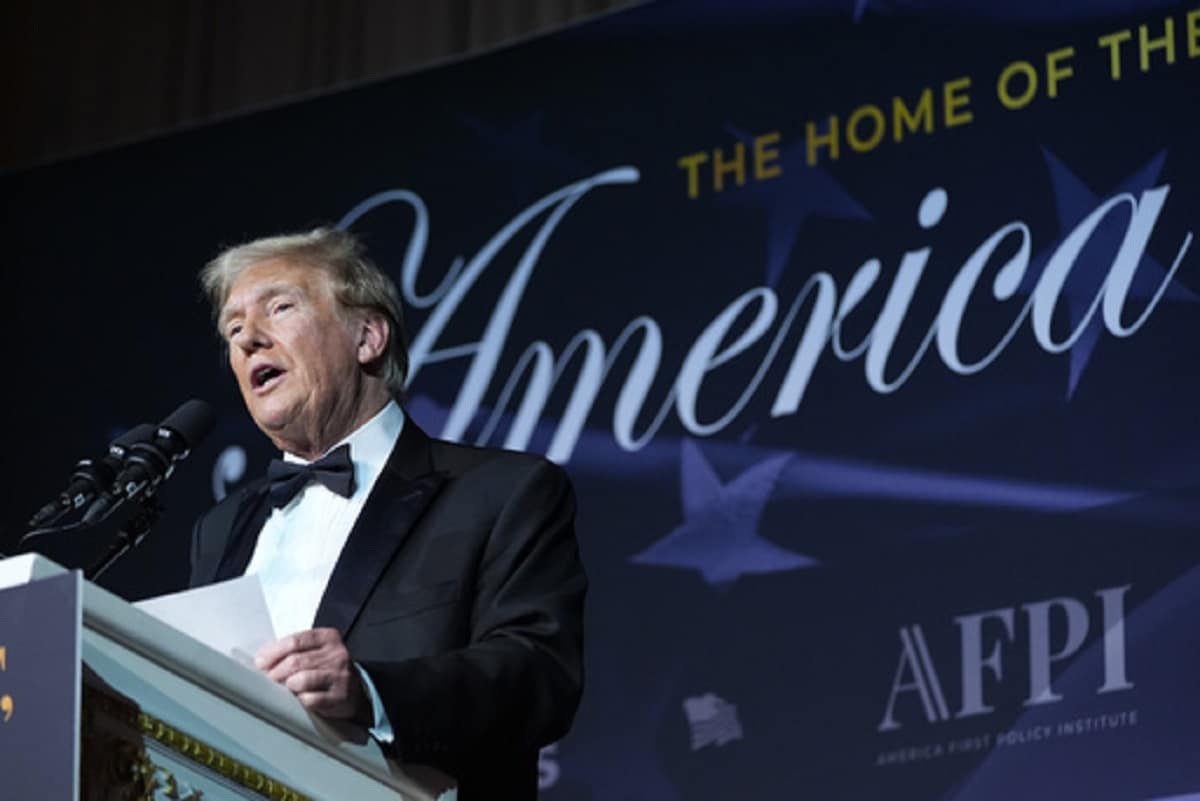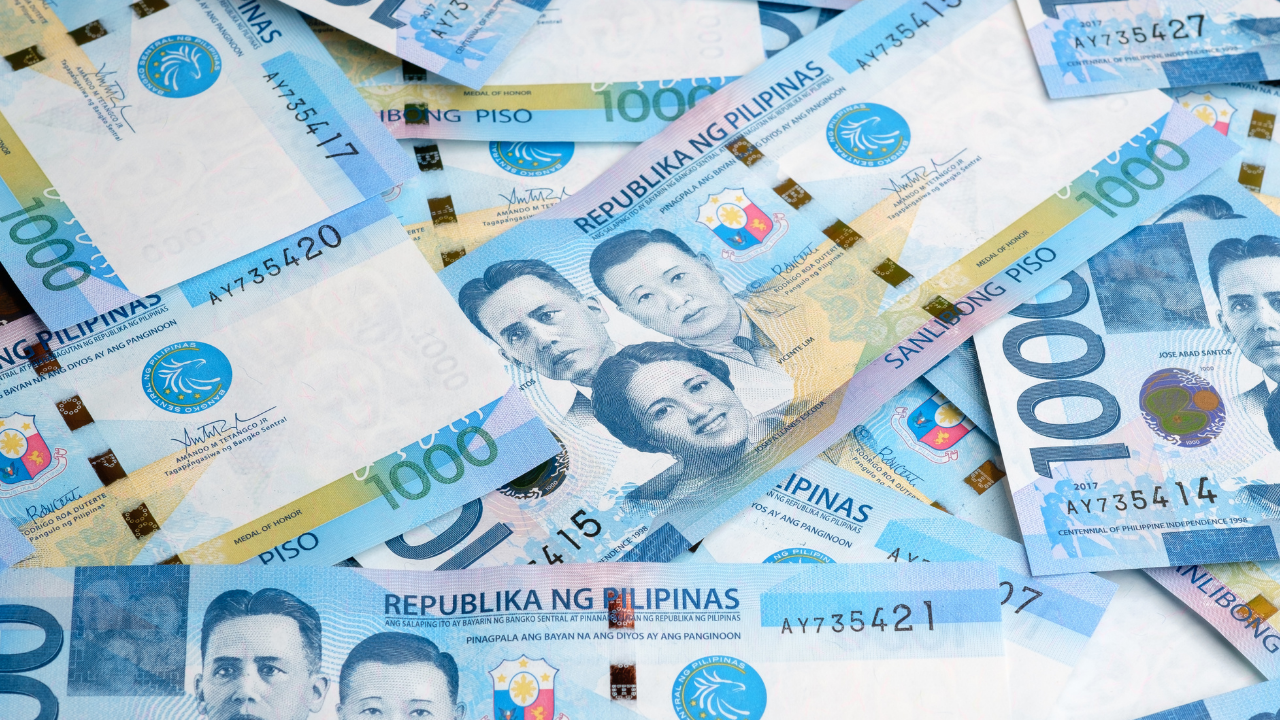
THE Finance department wants to reform taxation of the mining sector as part of a wider effort to raise government revenues via what it calls "refined" priority tax measures.
On Wednesday, the department said it began a series of stakeholder briefings last month, starting with long-delayed proposals to rationalize the fiscal regime for mining.
Also up are a value-added tax on digital service providers, an excise tax on single-use plastics and the simplification of taxes on passive income.
"We began discussions to rationalize our country's mining fiscal regime in 2012, yet the Philippines' mining potential remains untapped," Finance Secretary Ralph Recto said in a statement.
"With this proposal, the nation will finally receive its rightful share of mining revenues to fund the country's development goals," he added.
Recto said the government was willing to work with stakeholders with regard to proposed reforms and added that Congress should also extend its support.
"The passage of this reform will establish a predictable and stable policy environment that is conducive to investments," he said.
The House of Representatives last year passed House Bill (HB) 8937, or the proposed "Act Enhancing the Fiscal Regime for the Mining Industry." The Senate, meanwhile, has yet to pass its own version.
The obligations of mining firms under the current system, the Finance department noted, vary depending on whether they operate under a Mineral Production Sharing Agreement and Financial or Technical Assistance Agreement.
These have led to a complicated tax system and creates uncertainty for investors, the department added.
HB 8937 lowers the royalty rate for operations within mining reservations to 4.0 percent from 5.0 percent, imposes profit-based royalties of 1.0 to 5.0 percent on operations outside mining reservations and sets a windfall profits tax, among others.
The Finance department said it wants to enhance HB 8937 by setting a four-tier margin-based royalty system, instead of an eight-tier structure, with rates ranging from 1.5 to 5.0 percent on mining operations outside mineral reservations.
"[This] makes it simpler for investors and the Bureau of Internal Revenue (BIR) to compute the corresponding tax rates," the department said, adding that it would "lessen incentives for the private sector to pursue aggressive accounting to avoid taxes."
It also noted that under the current system, only mines operating within a mineral reservation are taxed.
With regard to the windfall taxes, the Finance department is also proposing a four-tier system ranging from 1.5 to 10 percent instead of the 10 tiers and 1.0 to 10 percent in HB 8937.
"This is just the first step. We can be a major player in this global economy in terms of mineral production. We just have to realize it with the right policies," Finance Undersecretary Karlo Fermin Adriano said in the statement.
Michael Toledo, president of the Chamber of Mines of the Philippines, warned that a four-tier royalty structure would hike the annual effective tax rate on mining firms to 60.6 percent from HB 8937's 59.67 percent.
The House bill rate, he added, "is already much higher than that in Indonesia, Chile, Peru, South Africa, and marginally higher than Canada."
"The DoF (Department of Finance) proposal, therefore, will make the mining tax structure even more uncompetitive," he claimed.
"We in the chamber also propose a four-bracket regime, but one that starts at one percent, which we submit would be relatively easy for [the] BIR to implement without drastically affecting the competitiveness of the Philippines as a mining investment destination."
Read The Rest at :




